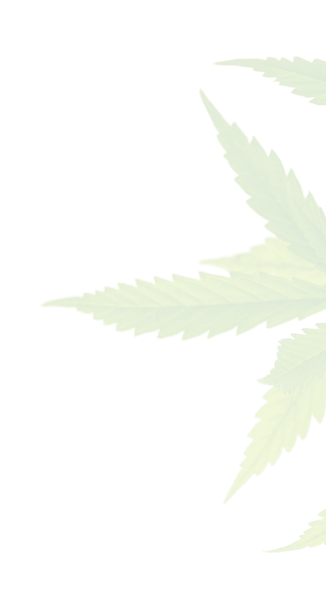Migraines are a common neurological disorder that affects millions of people worldwide. It is characterized by severe headaches, often accompanied by nausea, vomiting, and sensitivity to light and sound. Migraines can be debilitating and affect the quality of life of individuals who suffer from them. While there are various treatments available for migraines, many of them have undesirable side effects and may not work for everyone. As a result, people are turning to alternative treatments like CBD to manage their migraines.
What is CBD?
CBD or cannabidiol is a non-psychoactive compound found in the cannabis plant. Unlike THC, which is another compound found in cannabis, CBD does not produce a “high” or psychoactive effects. CBD has been the subject of extensive research in recent years, and studies have shown that it may have several therapeutic benefits, including pain relief, anti-inflammatory properties, and anti-anxiety effects.
How CBD Can Help with Migraines
Research has shown that CBD may have several potential benefits for individuals with migraines. Here are some of the ways in which CBD may help with migraines:
- Pain Relief: CBD has been shown to have analgesic properties, which means it can help alleviate pain. Migraines are characterized by severe headaches, and CBD may be effective in reducing the intensity and frequency of these headaches.
- Anti-inflammatory properties: Migraines are often accompanied by inflammation, and CBD has been shown to have anti-inflammatory effects. By reducing inflammation, CBD may help alleviate the symptoms of migraines.
- Anti-nausea properties: CBD has been shown to have anti-nausea properties, which may be beneficial for individuals experiencing nausea and vomiting associated with migraines.
- Anxiety and stress reduction: Stress and anxiety are known triggers for migraines, and CBD has been shown to have anti-anxiety effects. By reducing anxiety and stress, CBD may help prevent or reduce the occurrence of migraines.
Studies on CBD and Migraines
While research on CBD and migraines is still in its early stages, there have been some promising studies that suggest CBD may be an effective treatment for migraines.
One study published in 2016 found that cannabis use reduced the frequency of migraines from 10.4 to 4.6 per month. The study also found that cannabis use reduced the severity of migraines and was well-tolerated by patients.
Another study published in 2018 found that medical cannabis, which contains both CBD and THC, was effective in reducing the frequency and intensity of migraines. The study also found that medical cannabis was well-tolerated by patients.
A 2019 study published in The Journal of Headache and Pain found that CBD was effective in reducing the frequency of migraines in a small group of patients. The study also found that CBD was well-tolerated by patients and did not produce any serious adverse effects.
How to Use CBD for Migraines
CBD is available in various forms, including oils, capsules, edibles, and topical creams. When using CBD for migraines, it is essential to start with a low dose and gradually increase it until you achieve the desired effect. It is also crucial to purchase high-quality CBD products from reputable sources to ensure safety and effectiveness.
CBD can be taken orally, sublingually (under the tongue), or topically. When taken orally or sublingually, CBD may take up to an hour to take effect. Topical CBD products may be more effective for localized pain relief.
It is important to note that CBD may interact with certain medications, so it is essential to consult with a healthcare provider before using CBD, especially if you are taking other medications.
Conclusion
CBD may be an effective alternative therapy for individuals with migraines. Studies have shown that CBD may have beneficial effects for migraines, including pain relief, anti-inflammatory properties, anti-nausea properties, and anxiety and stress reduction. While research on CBD and migraines is still in its early stages, the studies conducted so far have shown promising results.
When using CBD for migraines, it is essential to start with a low dose and gradually increase it until you achieve the desired effect. It is also important to purchase high-quality CBD products from reputable sources and to consult with a healthcare provider before using CBD, especially if you are taking other medications.
Overall, while more research is needed to fully understand the effects of CBD on migraines, the available evidence suggests that CBD may be a safe and effective alternative therapy for individuals with migraines. If you are considering using CBD for migraines, be sure to do your research, consult with a healthcare provider, and start with a low dose to minimize the risk of adverse effects.



